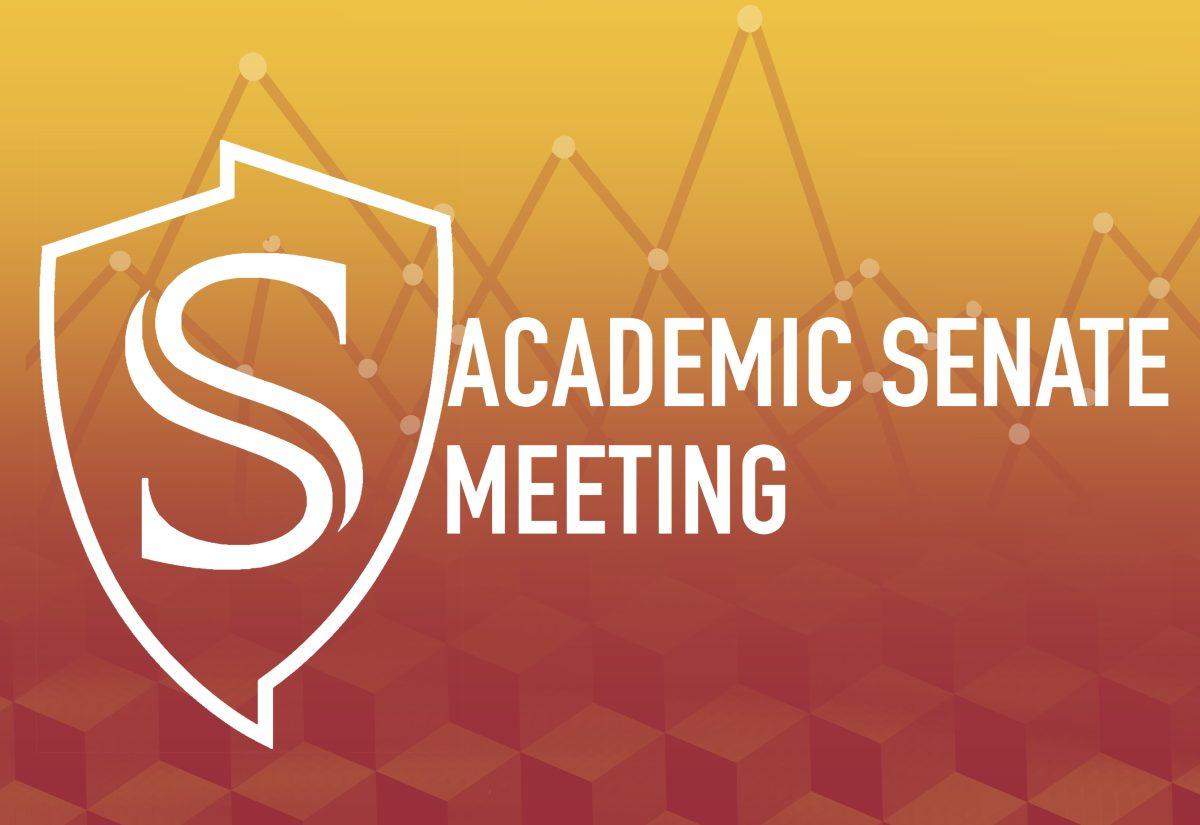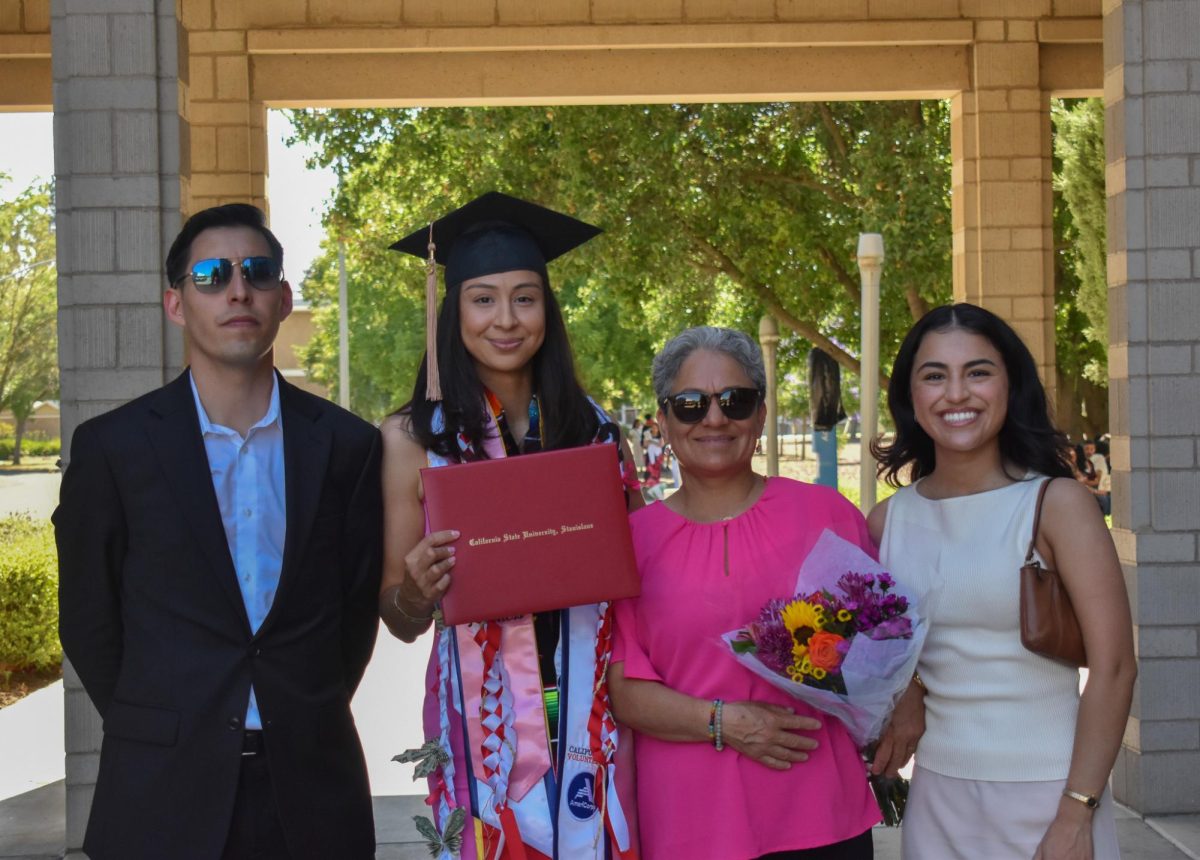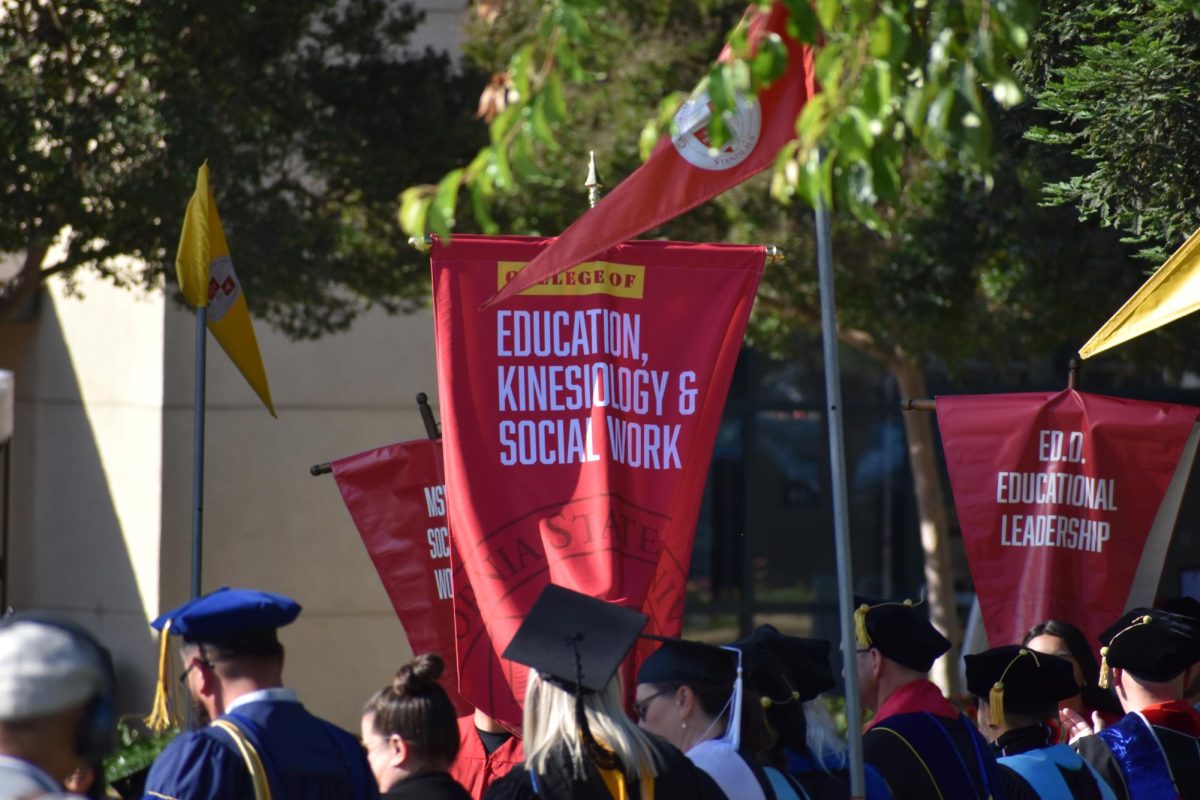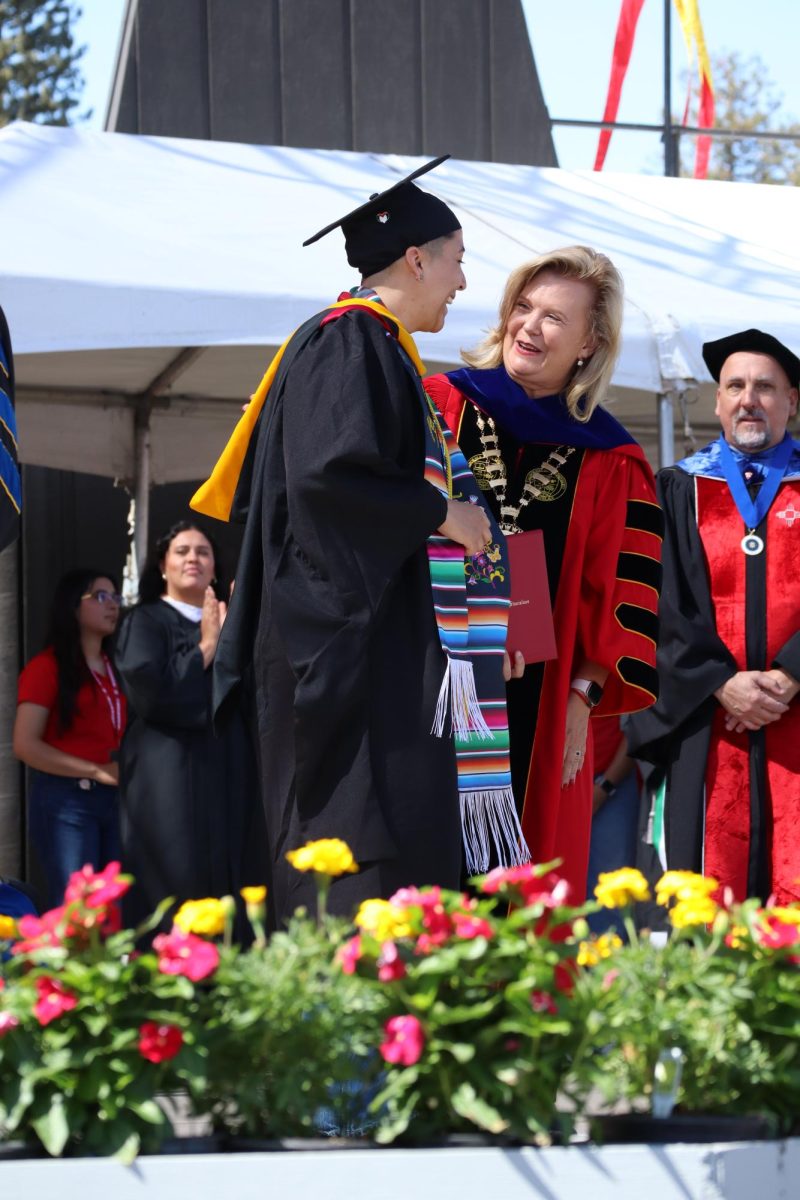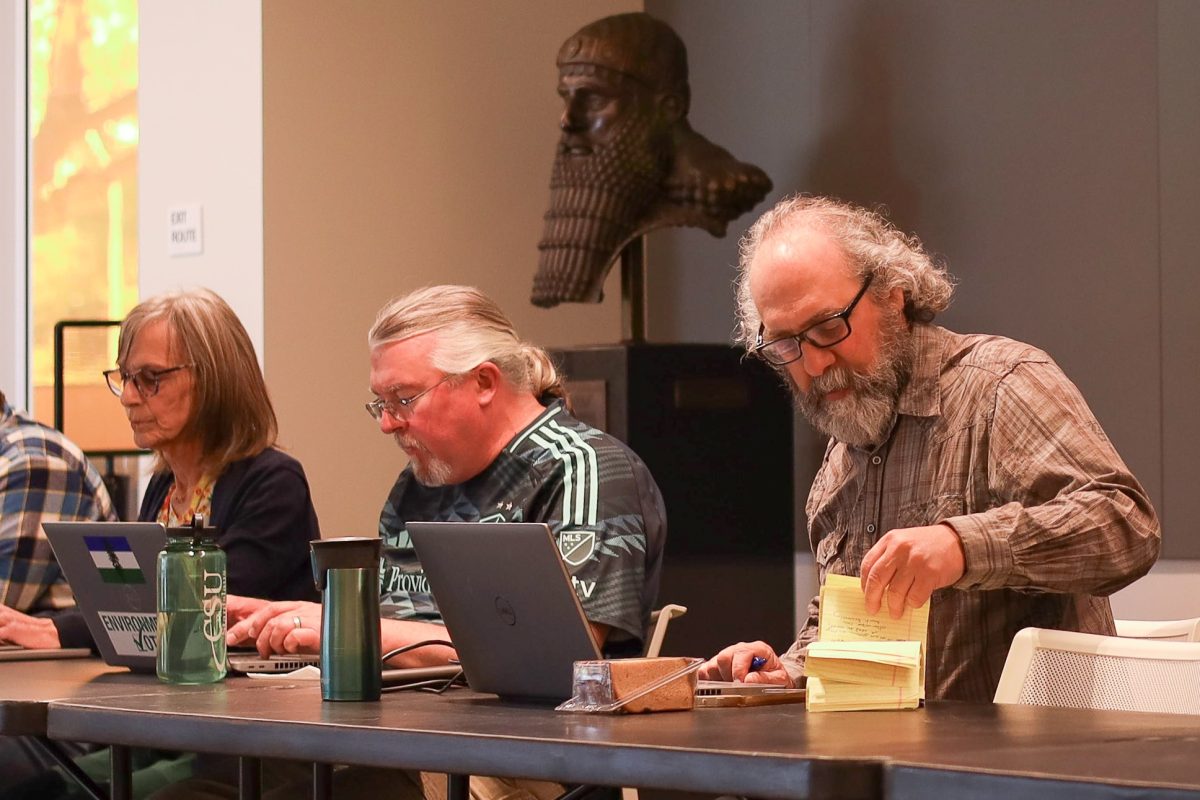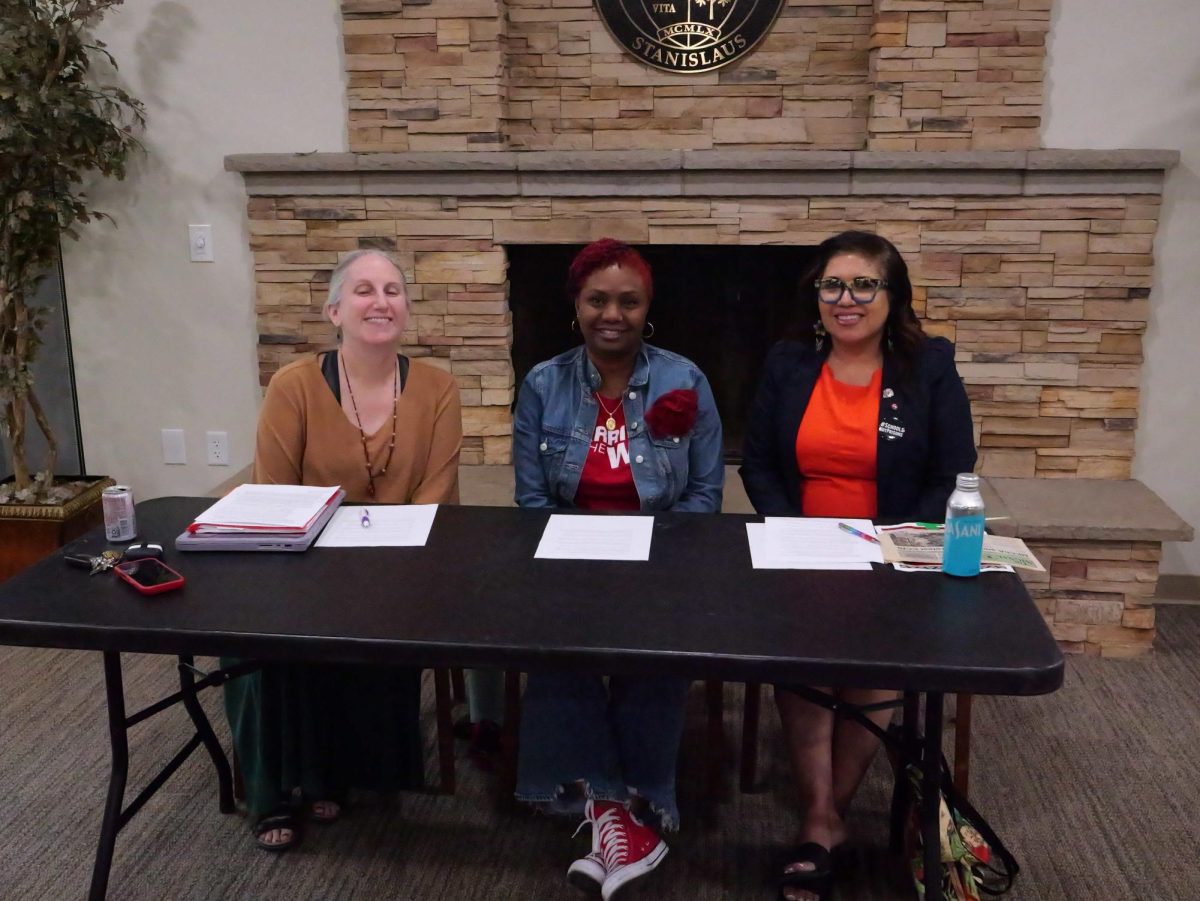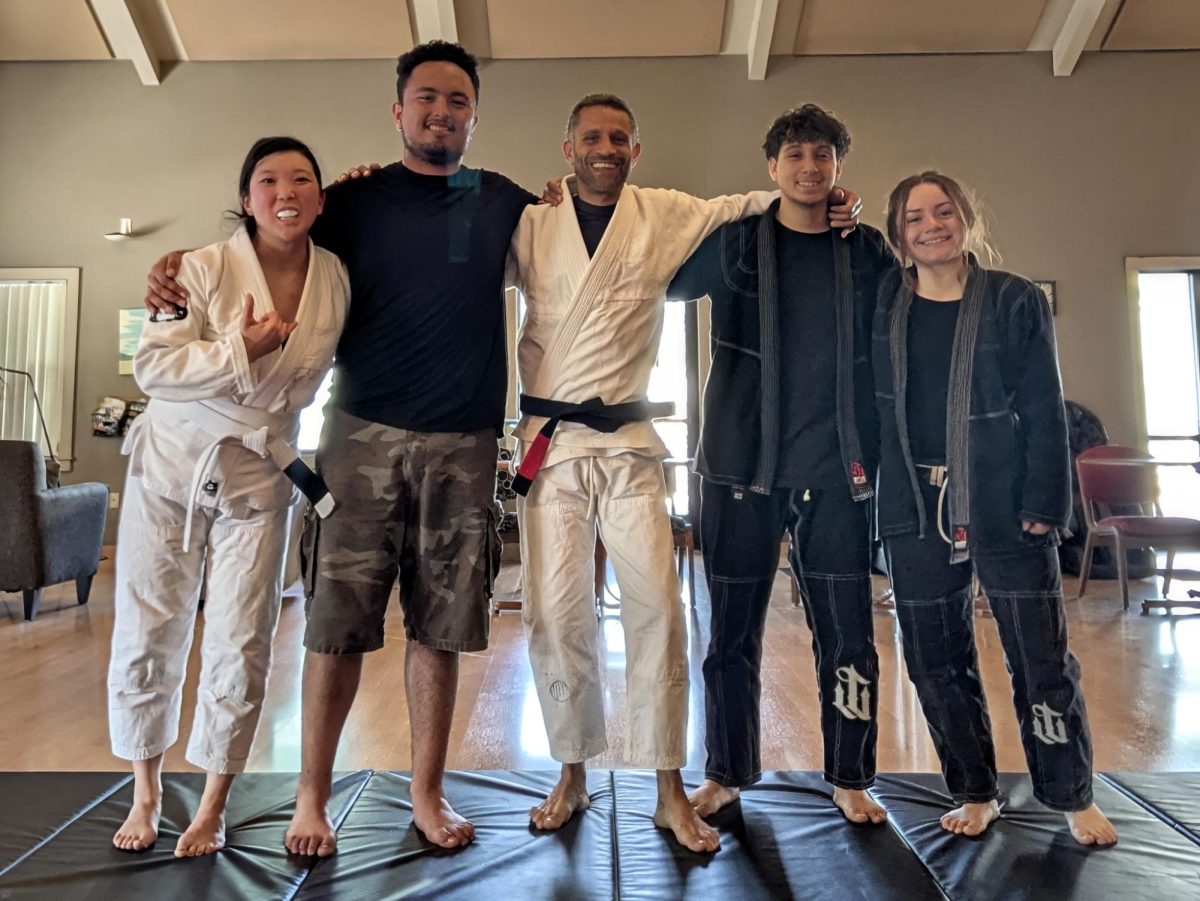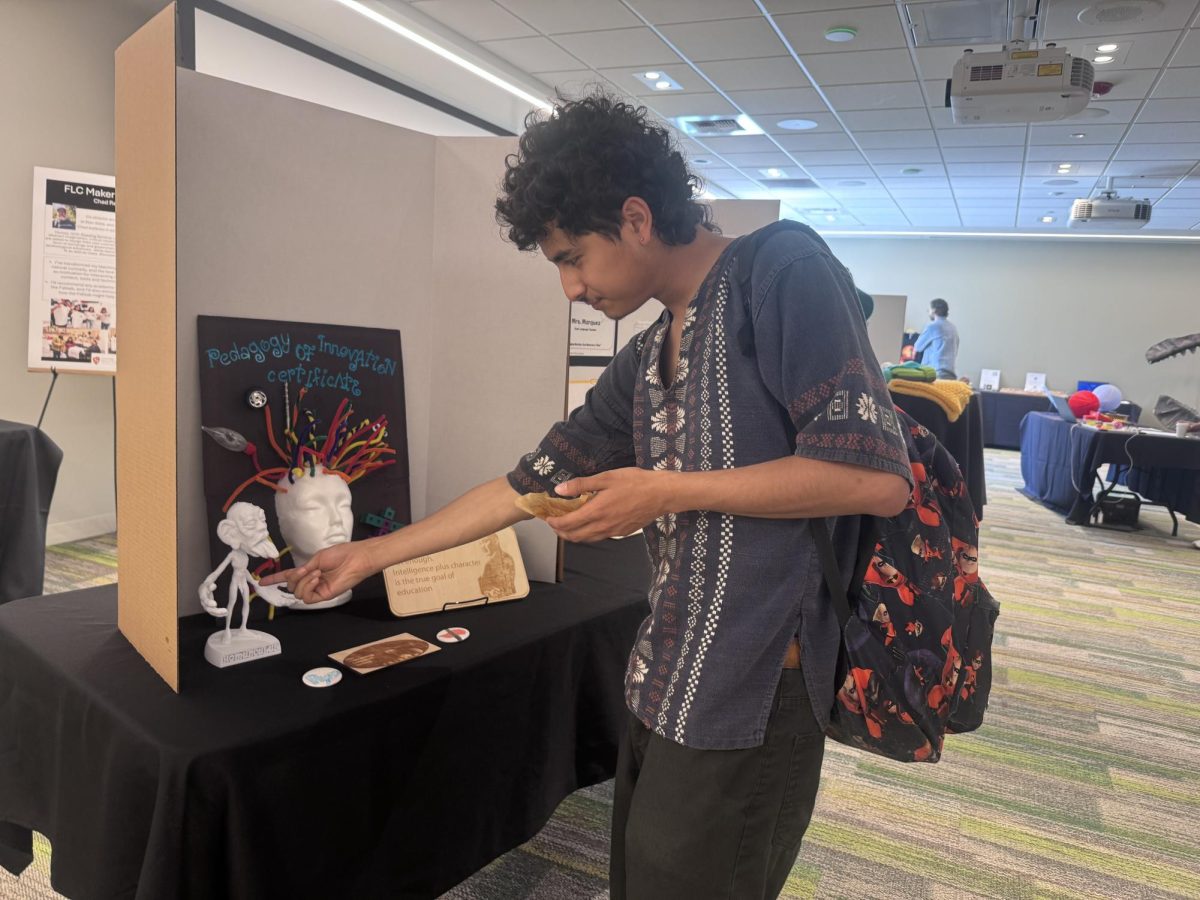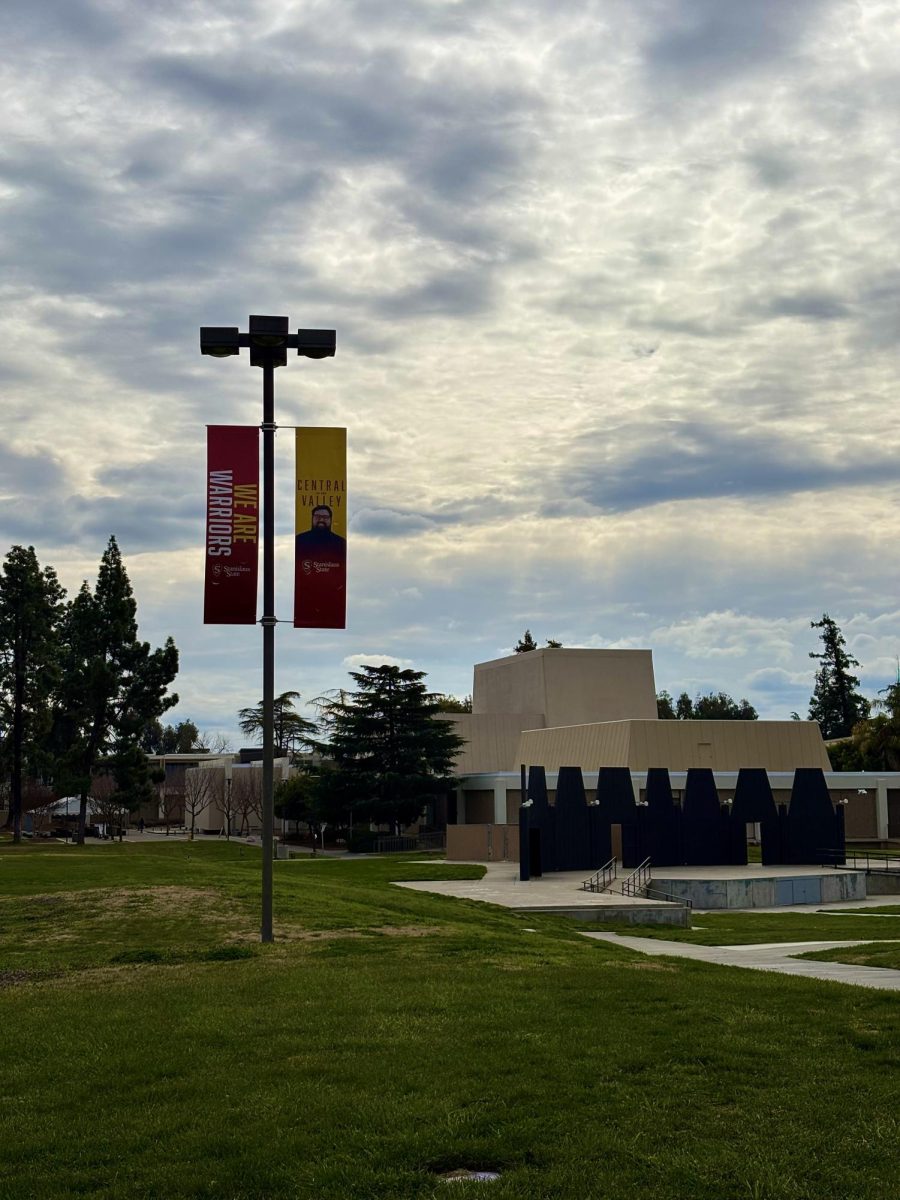On Tuesday, September 21, Stanislaus State’s Academic Senate passed an amendment concerning a temporary modification to the campus’s grading policy and discussed concerns over the return of face-to-face instruction and campus repopulation.
Vote to Make Modifications in Grading Policy
An amendment at yesterday’s senate meeting to make a temporary modification to the university’s grading policy as a result of the COVID-19 pandemic was passed 35-0, with one vote having abstained. The policy allows students to have more time to change their grading option. The change also states that departments and programs shall keep letter grades of enrolled students for a period of five years.
Faculty Concerns Over Return to Face-to-Face Learning
Senator Jesse Wolfe raised important questions over health, increased workload, and concerns over the enforcement of vaccine and testing compliances.
“Some faculty don’t even want to ‘set foot’ in class without reassurances that all students exempt from vaccines are getting frequent (negative) tests,” Wolfe said.
Provost Rich Ogle explained that a color screening system “will connect to the daily screen, students will take their daily screen, and will it also feed into the data whether they are in compliance, if they are exempt, with the testing mandate.” This platform will show either a green screen, indicating compliance or a red screen indicating non-compliance and will be treated in the same manner as taking attendance.
Ogle said that the platform will be available on cell phones, laptops, and tablets. He also explained that the university is even considering providing students who have trouble obtaining these devices with temporary loans.
Answering the question about increased workload Ogle explained that most of it is dependent on the professor, their courses, and their students.
“There is going to be very specific situations depending on pedagogy, dependent on the instructor and number of students the plan is to deal with these on a case by case basis,” Ogle said. “As they arise, deans are prepared to work with faculty members who need help.”
“We do have resources to address these issues [and] there will be [additional] resources whether it be hiring help with grading or compensating faculty who help take over… We need to keep a flexible tool box,” Ogle added.
ASI President Cynella Aghasi raised the question: “Will students be able to ask professors to show their screens to see if they’re cleared to be on campus? I’m sure the concern applies to everyone on campus.”
Ogle responded saying that he believes that it was the consensus of the group that, if the school and the professors were going to ask that the students share that information, then the school and professors were going to create the ability for students, faculty and staff to ask that of each other.
Senator Dave Colnic raised additional concerns over the voices of faculty not being considered in decision making by administration.
“We have heard pronouncements, that is not consultation. Pedagogy matters. The decision to pause face-to-face, for many of us, upset that pedagogy, Colnic said. “In addition we knew that when faculty and students signed up for face-to-face classes, the world was much different.”
Colnic also claimed that he has heard “horror stories” from students and faculty begging to not to return to campus.
“We need provisions for those cases, that is health and safety. We need to rely on our own data… Students were ambivalent at best about coming back,” said Colnic.
Colnic urged that these conversations happen sooner rather than later.
“We need to have a deeper, richer, conversation that includes faculty,” Colnic said.
Another concern raised by Senator Jake Weigel over academic honesty in times of COVID-19, including the need for faculty access via accounts to websites that make cheating all the easier for students, and if there is anyone monitoring this issue.
“I’ve had some colleges who brough concerns about students submitting other people’s work,” Weigel said. “There was a student who’s verified IP address in Stanislaus County, but the homework was being turned in from India. There are also concerns about websites like Chegg and Course Hero, which allow for essays and answers to be posted.”
Raphael Espinosa responded by saying that academic dishonesty is widespread issue in the CSU’s.
“There’s no easy answer right now we are still trying to do research to answer that question,” Espinosa said.
Stan State’s Academic Senate will continue these discussions, updates coming soon.
Categories:
Concerns Over Return to Campus Remain at Latest Academic Senate Meeting
Matthew James Bonzi
•
September 22, 2021
0
More to Discover

